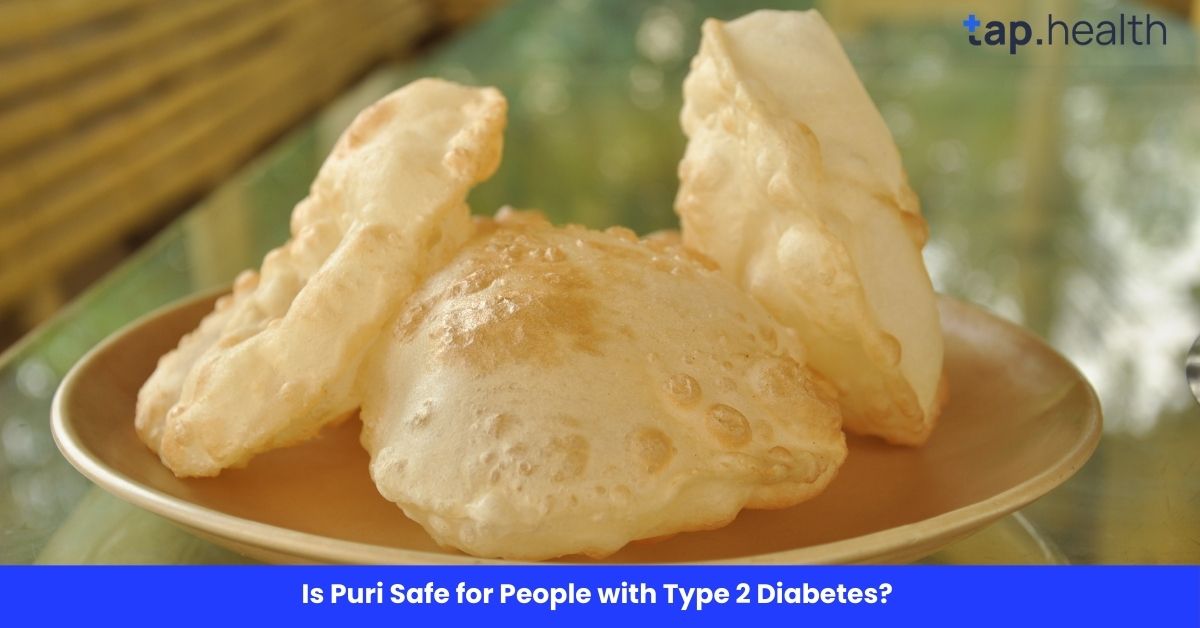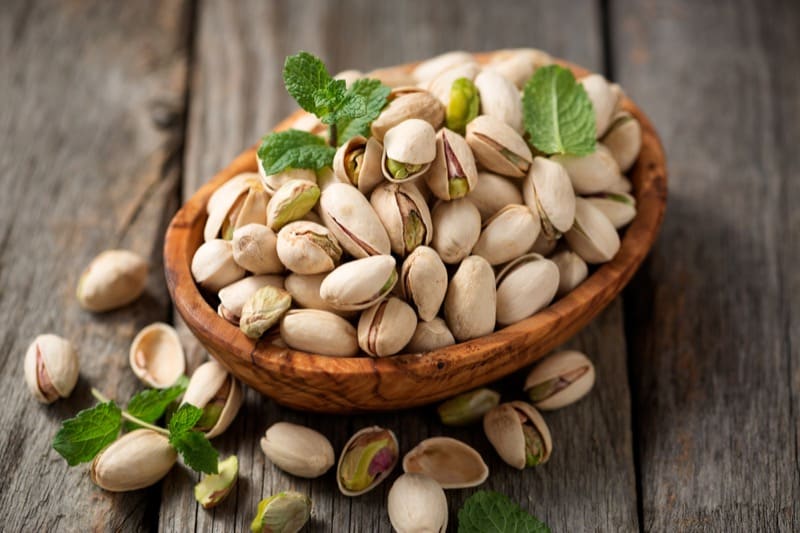Throwing up yellow bile can be unsettling, often raising questions about its causes and how to manage it. This blog explores what yellow bile is, why it occurs, how to prevent it, available treatments, and when to seek medical attention. By understanding these aspects, you can take proactive steps to address this issue and maintain better digestive health.
What is Yellow Bile and Its Role in the Body?
What is yellow bile?
Yellow bile is a digestive fluid produced by the liver and stored in the gallbladder. It aids in breaking down fats in the small intestine, helping with digestion and nutrient absorption. Composed of bile salts, bilirubin, cholesterol, and water, bile typically has a yellowish-green hue due to bilirubin, a byproduct of red blood cell breakdown.
How does bile function in digestion?
Bile emulsifies dietary fats, making them easier to absorb. It also helps eliminate waste from the body. When vomiting occurs, bile can appear more vibrant yellow, especially if mixed with stomach acid, or even brownish if blood is present. Occasional vomiting of yellow bile is usually harmless, but frequent episodes or accompanying symptoms like pain or fever may signal an underlying issue.
Common Causes of Throwing Up Yellow Bile
What causes vomiting yellow bile?
Several factors can lead to throwing up yellow bile, ranging from gastrointestinal issues to dietary habits and health conditions.
- Gastrointestinal Issues:
- Gastroenteritis: Inflammation of the stomach or intestines, often due to viral or bacterial infections, food poisoning, or excessive alcohol, can disrupt bile flow, leading to regurgitation.
- Peptic Ulcers: Open sores in the stomach or small intestine can irritate the digestive system, causing bile to be expelled during vomiting.
- Other Conditions: Issues like acid reflux or irritable bowel syndrome may also contribute.
- Dietary Factors:
- High-Fat Diets: Consuming fatty foods or large meals can overstimulate bile production, leading to excess bile being vomited.
- Fasting or Skipping Meals: An empty stomach can cause bile buildup, which may be expelled during vomiting.
- Health Conditions:
- Gallbladder Issues: Gallstones or cholecystitis (gallbladder inflammation) can obstruct bile flow, causing regurgitation.
- Liver Diseases: Conditions like hepatitis or cirrhosis may disrupt bile production and lead to vomiting.
- Medications: Certain drugs, such as antibiotics or chemotherapy, can cause bile-related side effects.
- Stress and Anxiety:
Stress hormones can affect digestion, leading to bile imbalances and vomiting.
How to Prevent Yellow Bile Vomiting
How can you prevent throwing up yellow bile?
Preventing yellow bile vomiting involves lifestyle changes, dietary adjustments, and regular health monitoring.
- Lifestyle Modifications:
- Stress Management: Practices like yoga, meditation, or deep breathing can regulate bile production by reducing stress-related digestive issues.
- Hygiene Practices: Regular handwashing lowers the risk of infections like gastroenteritis, which can trigger bile vomiting.
- Dietary Changes:
- Balanced Diet: Include fiber-rich foods like whole grains, fruits, and vegetables to promote healthy digestion and prevent bile buildup.
- Avoid Triggers: Limit fatty foods, spicy meals, and excessive alcohol, which can overstimulate bile production or irritate the stomach.
- Regular Health Check-ups:
Routine medical exams can detect conditions like gallstones or liver issues early, preventing complications that lead to bile vomiting.
Treatment Options for Yellow Bile Vomiting
How is yellow bile vomiting treated?
Treatment depends on the underlying cause and may involve medical interventions or natural remedies.
- Medical Treatments:
- Surgery: For gallstones or severe gallbladder inflammation, a laparoscopic cholecystectomy (gallbladder removal) may be recommended.
- Medications: Doctors may prescribe drugs to regulate bile flow, reduce inflammation, or treat infections causing vomiting.
- Natural Remedies:
- Herbal Supplements: Milk thistle and dandelion root may support liver and bile function, but consult a doctor before use to ensure safety.
- Hydration and Rest: Staying hydrated and resting can help the body recover from vomiting episodes.
- Long-Term Management:
- Monitoring: Regular tests like liver function tests or ultrasounds can track bile-related issues.
- Dietary Adjustments: Reducing fatty or spicy foods can prevent recurring episodes.
- Ongoing Care: Work with a healthcare provider for a tailored plan to manage chronic bile problems.
When Should You Seek Medical Help?
When is yellow bile vomiting a concern?
Occasional vomiting of yellow bile is usually not serious, but certain symptoms warrant immediate medical attention:
- Persistent or severe vomiting.
- Abdominal pain, fever, or dehydration.
- Blood in vomit or dark, tarry stools.
- Unexplained weight loss or fatigue.
A healthcare professional can evaluate symptoms, run tests, and determine the cause, ensuring timely treatment.
Conclusion
Throwing up yellow bile can be distressing, but understanding its causes—ranging from gastrointestinal issues to diet and stress—empowers you to take control. By adopting a balanced diet, managing stress, and seeking regular medical check-ups, you can prevent episodes and maintain digestive health. For persistent symptoms, consult a healthcare provider for tailored treatments, which may include medications, surgery, or natural remedies. Stay proactive to reduce the frequency of yellow bile vomiting and improve your overall well-being.



